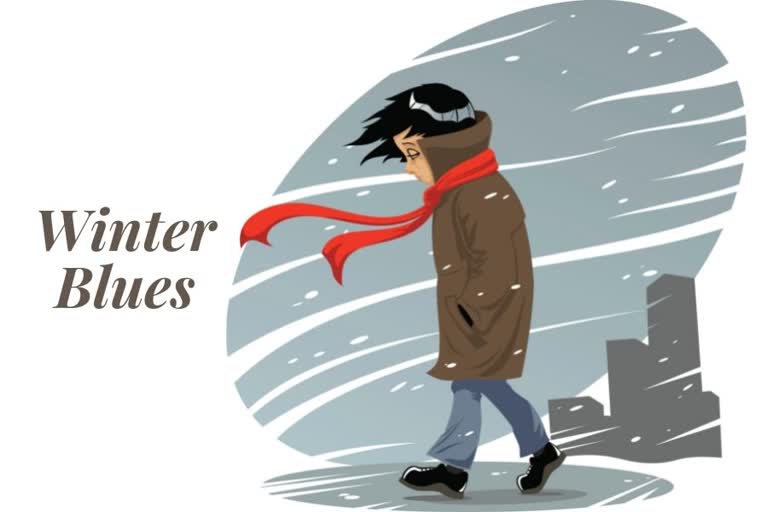The weather as well as our surroundings both affect our mood and behaviour. When we talk about seasons, summers are considered to be full of enthusiasm and happiness, while rains are considered romantic and winter is the time to eat, sleep and bask in sun.
But besides this, winters can also cause despair, negativity and depression in some people. During this time, people are likely to experience “winter blues” or seasonal depression. It can also cause complex mental, emotional or practical problems in some people. There can be many reasons that can cause winter blues, also known as Seasonal Affective Disorder (SAD) or Winter Depression, in people. Here is what the expert explains.
Causes and symptoms
Psychiatrist Dr. Renuka Sharma explains winter depression is basically a disorder related to problems arising on a mental or emotional level. And for this, many factors can be held responsible. She says that in this season, many regions do not get enough sunlight as the days and nights are mostly foggy and hazy.
Apart from this, the nights during this season are comparatively longer and days shorter. All this affects the body’s circadian rhythm or the biological clock. The functioning of our internal organs depends on this biological clock and if our body fails to function accordingly, many negative effects can be seen on health, both on the physical and mental level.
Vitamin D is essential for our health, which also enhances the production of serotonin in the body. Sun is the best source to acquire vitamin D, however, lack of sunlight in winters reduces the level of serotonin in the body. Serotoninis a neurotransmitter and its levels not only affect a person’s behaviour and emotional health but also may also show symptoms of depression. One may also experience fatigue, hopelessness, lethargy, unwillingness to work, lack of desire to participate in social activities, etc.
Tough times for people suffering from mental disorders
Dr. Renuka explains that if a person has a preexisting mental condition such as depression, hopelessness, stress or mental disorders like bipolar disorder, ADHD, etc., then winter blues in them can be seen in a more profound manner. She says that this condition is relatively more common in women as compared to men and more in young people than the elderly.
